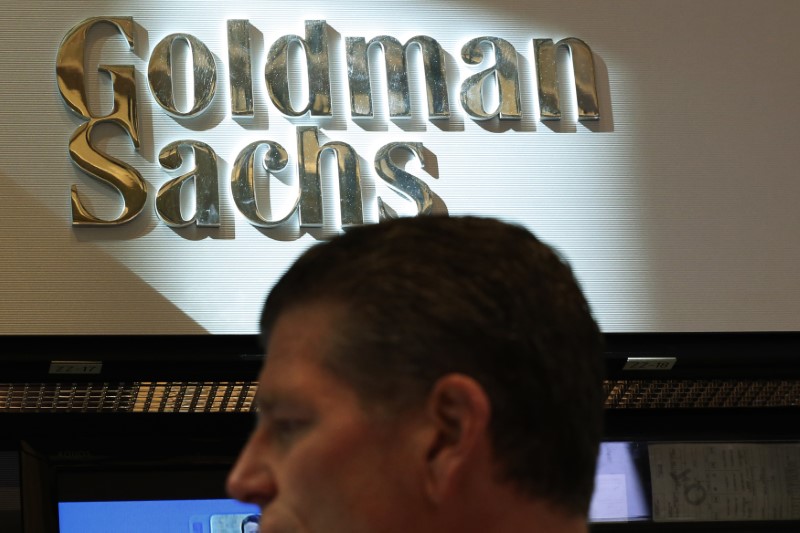This post was originally published on this site

Goldman Sachs updated their automotive industry forecast to reflect continued macroeconomic and financial market headwinds along with easing chip constraints and added policy support for electric vehicles. Overall, Goldman Sachs’ global auto forecast for production and sales moves slightly lower for 2023-2025. However, EV assumptions increased.
Goldman Sachs continues to expect auto production to trend higher from a low base as chip shortages ease, although they expect the magnitude to be impacted by softer demand. Overall, global auto production is now expected to be 81.7/82.8/85.6/87.3 mn (vs. 78.9/84.1/88.4/90.2 mn prior).
Analyst, Mark Delaney wrote in a note, “We’re lowering estimates on several auto tier 1s to reflect the latest production outlook, although we believe the tier 1s will show margin improvement in 4Q22/2023 from improved volume, less unexpected factory downtime, and an improved ability to manage input costs (both progress passing along higher costs such as semis/logistics/factory downtime, and the reversal in some raw materials inflation). Moreover, if cost pressures in aggregate were to reverse, then we believe there would be a lag before tier 1s need to fully pass that on to OEMs.”
Goldman Sachs continues to be selective with OEMs as price and mix are likely to be headwinds in 2023 as supply/demand generally moderates, and they prefer Tesla (NASDAQ:TSLA) and General Motors (NYSE:GM), both of which are likely to benefit from the Inflation Reduction Act (IRA) and have good ADAS/AV technology.
Goldman Sachs is modeling Tesla’s 4Q deliveries at 461K, which is above the Street’s estimate at 425-450K. 4Q delivery estimates remain unchanged following the electric vehicle maker’s 3Q delivery report. Delaney expects Tesla to benefit from its strong backlog and improving supply, although the risks to volume include slowing global macro demand in general and the potential for some US consumers to delay purchases until 2023 due to the IRA.
Overall, Goldman Sachs raised EV penetration assumptions for 2024 to 13% from 12.5% and maintain their view for BEV mix to reach 20% in 2025 and 50% in 2030 (compared to about 6% currently). Goldman raised their long-term estimates and now expects BEV mix in the United States to be 70%/85% in 2035/2040 (vs. 66%/80% prior).
Shares of TSLA and GM are down 0.77% and 1.42% in pre-market trading on Tuesday.

